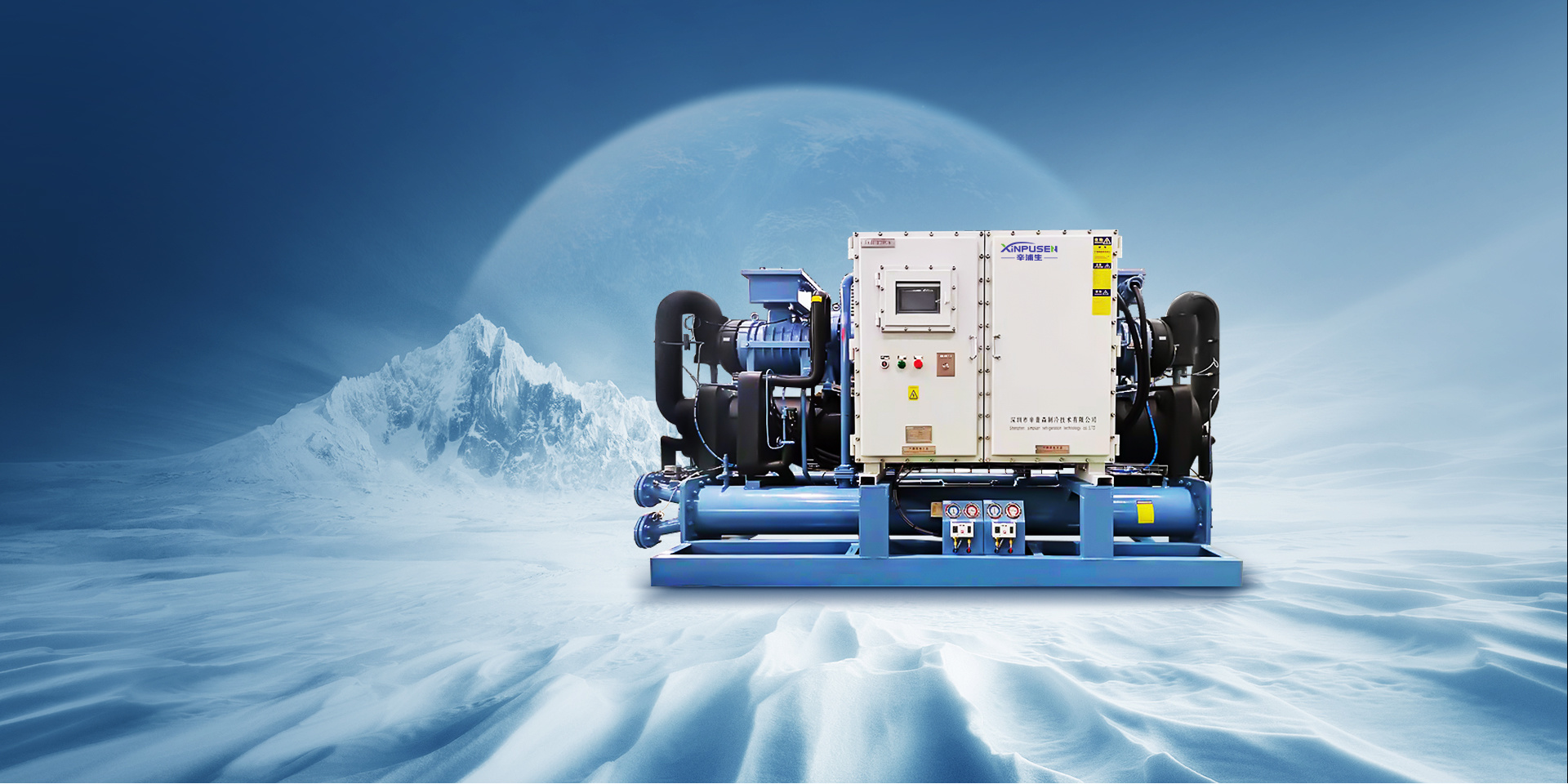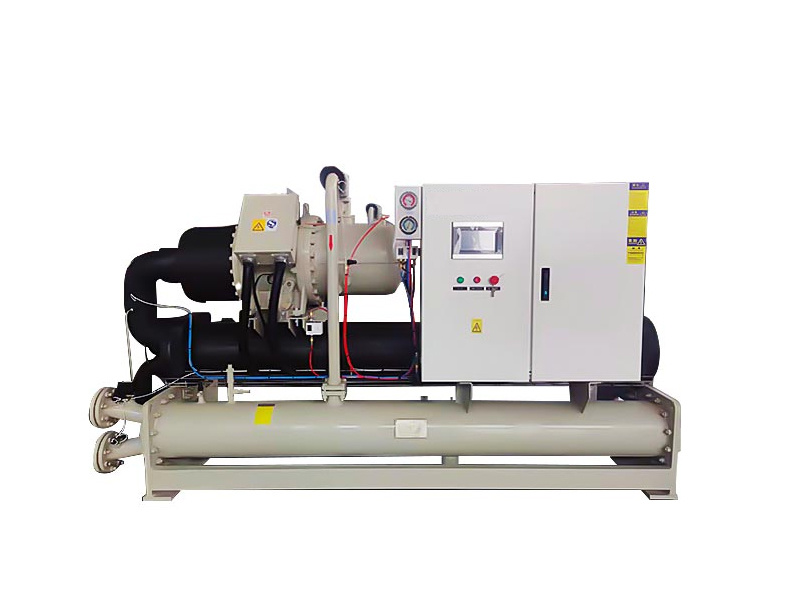Understanding Industrial Temperature Control Equipment in Building and Decoration Materials
2025-06-16 13:21
Industrial temperature control equipment encompasses a wide range of devices including thermostats, temperature sensors, and actuators. These devices work together to monitor and adjust temperatures in real-time, which is critical in environments where precision is necessary. For example, in the manufacturing process of building materials, maintaining a consistent temperature can influence the properties of materials such as adhesives, paints, and composites. A stable temperature environment helps in achieving desired results and reducing waste due to product failure.
One of the key components of these systems is the thermostat, which acts as the brain of the temperature control process. It detects current temperature levels and compares them with set points, activating heating or cooling mechanisms as needed. This automated process not only enhances efficiency but also minimizes energy consumption, making it a more sustainable choice in the long run.
Moreover, temperature control is not just about comfort; it is crucial for safety and compliance with building codes. Certain materials may require specific temperature conditions for safe handling and application. For instance, some adhesives may need to be applied within a specific temperature range to ensure proper bonding. Therefore, industrial temperature control equipment helps in adhering to these requirements, ultimately leading to better building practices.
In addition, advances in technology have led to the development of smart temperature control systems that utilize IoT (Internet of Things) capabilities. These systems allow for remote monitoring and control, resulting in increased flexibility and efficiency in managing temperature settings. Users can receive alerts, track performance, and make adjustments from their devices, ensuring that operations run smoothly even from a distance.
In conclusion, industrial temperature control equipment is essential in the building and decoration materials sector, particularly in the context of switches and thermostats. By ensuring the right temperature conditions, this equipment not only enhances product quality and durability but also contributes to energy efficiency and safety compliance. As technologies evolve, the future of temperature control in this industry promises even greater advancements, making it a key area of focus for industry professionals.
Previous: china mobile container chiller unit
More Information
2026-03-02
Understanding the Advantages of Water-Cooled Screw Chillers for Industrial Applications
2026-02-24
quality air cooled industrial chiller
2026-02-23
Essential Insights into Air Cooled Industrial Chillers: Efficiency, Selection, and Maintenance
2026-02-16
What to Expect During the Installation of Air Cooled Industrial Chillers: A Comprehensive Guide
2026-03-02
Understanding the Advantages of Water-Cooled Screw Chillers for Industrial Applications









 CN
CN EN
EN


